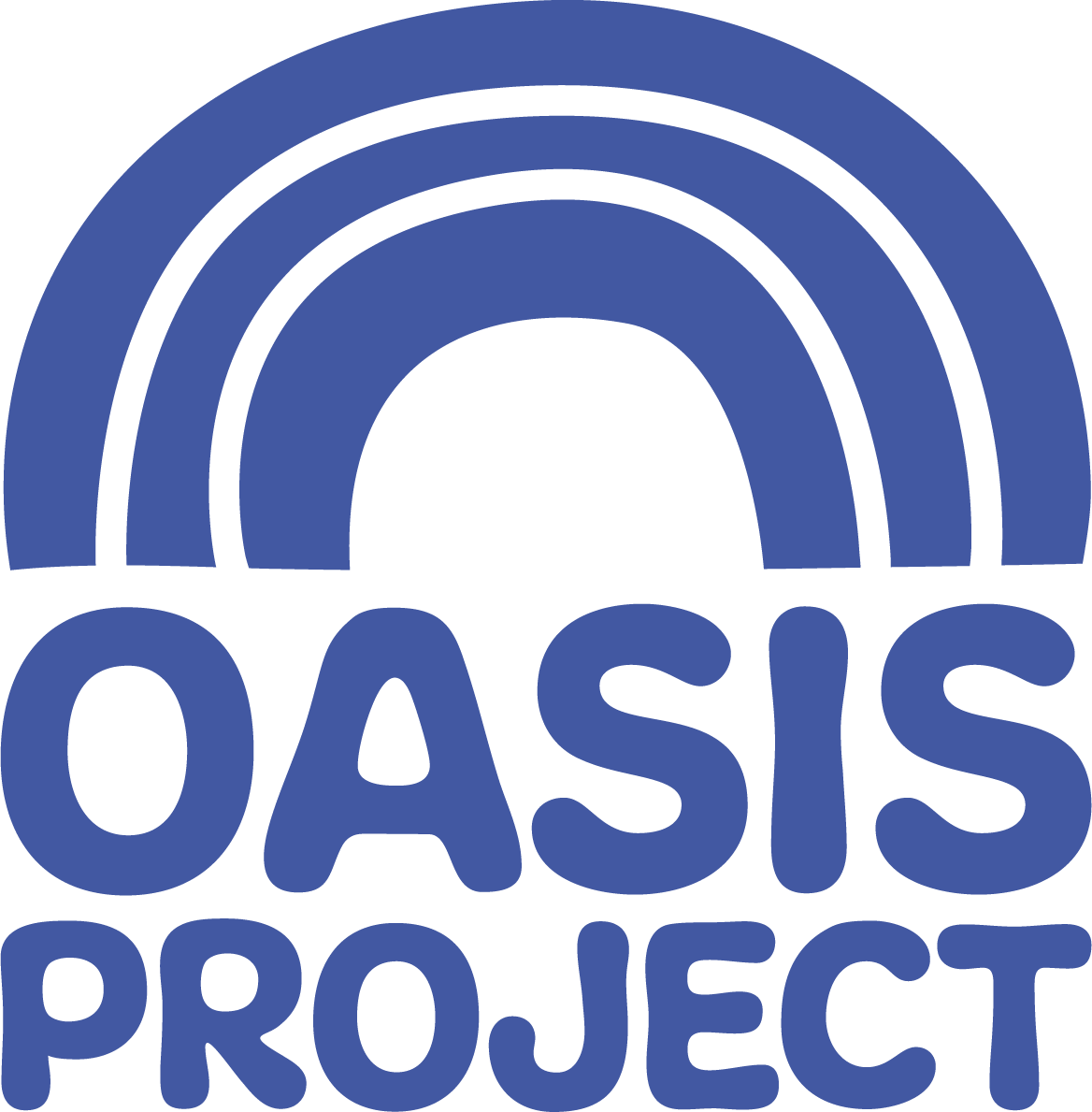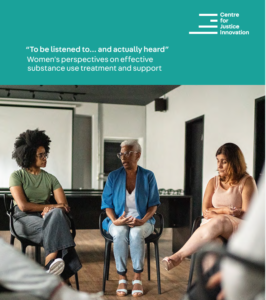As a specialist women’s drug and alcohol treatment service, Oasis Project welcomes and strongly supports the Centre for Justice Innovation’s report, “To be listened to – and actually heard”.
The Centre for Justice Innovation report powerfully captures the voices of women with lived experience and highlights critical gaps in existing treatment pathways, while offering practical, evidence-based recommendations to ensure women receive the gender- and trauma-informed support they need and deserve. Read the report here.
At Oasis Project, we have been delivering specialist support for women since 1997 and have been an integral part of the commissioned treatment pathway in Brighton & Hove for over a decade. We know from experience that when women are met with compassion, understanding, and services tailored to their specific circumstances, recovery is not only possible—it’s transformative. The report reflects this, stating clearly that “effective treatment is aware of, and able to respond to, women’s trauma”. This aligns with our long-standing approach, which centres safety, dignity, and a recognition of the intersecting challenges women face, including trauma, domestic abuse, involvement in the criminal justice system, and childcare responsibilities.
Trauma is a critical driver of substance misuse among women, yet too often this link is overlooked in mainstream treatment models. Many women accessing our services have experienced profound and repeated trauma—including childhood abuse, domestic violence, sexual exploitation, and the loss of children to the care system. These experiences not only contribute to the development of drug and alcohol dependency, but also significantly impact how women engage with services. Without a trauma-informed approach, there is a real risk of re-traumatisation, disengagement, and harm. Our model recognises this and is designed to provide safety, trust, and relational support as essential components of recovery.
Recent data underscores the urgency of this issue. In 2023, the UK recorded a record high of 10,473 alcohol-related deaths, with women accounting for 3,293 of these fatalities – a 37% increase from 2016 (Oldham et al, 2025). Notably, the rise in alcohol-related deaths among women is outpacing that of men, highlighting a growing public health concern. The Office for National Statistics attributes this alarming trend to factors such as increased hazardous drinking levels and targeted marketing strategies by alcohol brands aimed at women. These statistics reinforce the Centre for Justice Innovation report’s call for treatment services that consider the distinct needs of women experiencing problems with alcohol (or drugs) in order to improve their access to timely, effective treatment.

The report rightly emphasises that “commissioners should ensure services are tailored to meet the needs of women,” a principle that is reflected in our local commissioning strategy where Oasis Project is commissioned both directly and via a sub-contracted partnership with CGL’s Brighton & Hove Recovery Service to deliver structured, gender-specific drug and alcohol treatment services. This approach is a clear example of good practice, showing what is possible when commissioners listen to evidence and work collaboratively with specialist providers. This has enabled us to deliver holistic, wrap-around support alongside individual and group-based psychosocial interventions including targeted parenting programmes, specialist support for pregnant women in treatment, therapeutic services, and outreach to women who might otherwise be excluded from treatment. Women are supported to access clinical interventions including prescribing through close partnership working with CGL Brighton & Hove Recovery Service.
We hope this report serves as a catalyst for wider change across the country. Too often, women’s voices are marginalised in mainstream treatment systems that do not account for their experiences. The findings and recommendations here offer a clear roadmap for building a system that genuinely works for women. We stand ready to share our learning and advocate for a national approach that mirrors the best of what is already working in Brighton & Hove.


